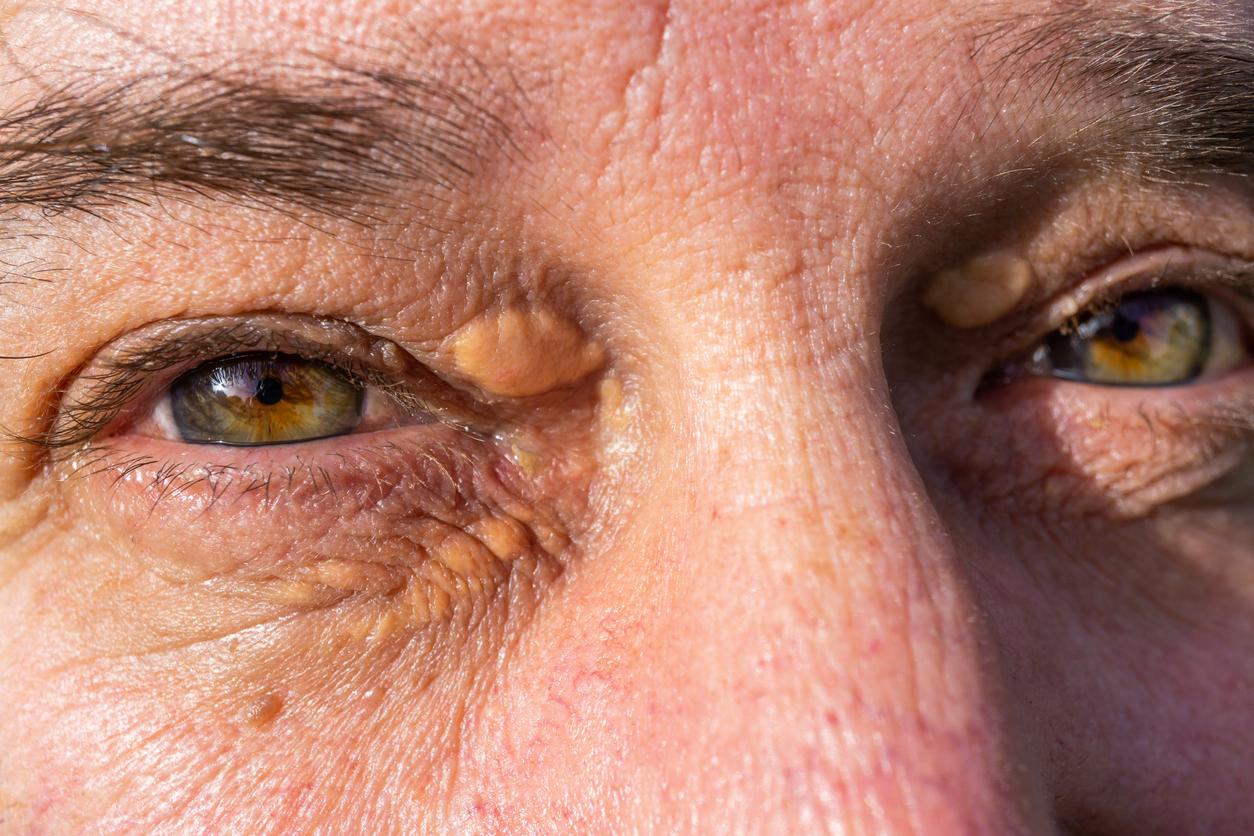In any case, this is what article 40 of the Social Security financing bill 2022 (PLFSS) provides, to the chagrin of ophthalmologists.

- The first prescription of glasses and contact lenses is currently reserved for doctors.
- 36% of patients who come for an eye check-up with an ophthalmologist are diagnosed with another pathology.
Submitted to the vote of the National Assembly and the Senate since October 20, the Social Security financing bill 2022 plans to broaden the skills of license-level orthoptists by giving them the right to the initial prescription of glasses and contact lenses, without medical supervision.
“Absurd, dangerous and unnecessary”
A judged measure “absurd, dangerous and unnecessary” by more than 90% of ophthalmologists, according to a study conducted by the SNOF with a panel of 1,986 respondents. Ophthalmologists point the finger in particular at the demedicalization of patient follow-up and are concerned about an increased risk of delayed diagnosis of certain eye diseases. Learned societies and patient associations (SFO, SFOALC, AFG, FFM-SR) also warn against the risks of this reform opening the care of patients to health auxiliaries trained only in three years, against 12 years for an ophthalmologist.
Dr. Thierry Bour, President of SNOF, says: “This article 40 of the bill submitted to parliament represents a real danger for the ophthalmology care pathway. While France is the first in Europe for glaucoma screening and appointment times are tending to improve considerably, the The public authorities are here carrying out a radical change in the health system based on an outdated 2018 study by the DREES. Since then, the sector has made things happen by focusing on collaboration and the sharing of tasks”.
“A climate of mistrust”
He adds : “collaboration between ophthalmologists and orthoptists has hitherto been used in a complementary way to consolidate the supply of care and maintain medical care. In addition to deleterious consequences on patient care, Article 40 would destroy any this collaborative work established between health professionals, by creating a climate of mistrust within the sector”. 7 out of 10 ophthalmologists affirm that they will see their confidence in orthoptists deteriorate if the article is voted on.

.















